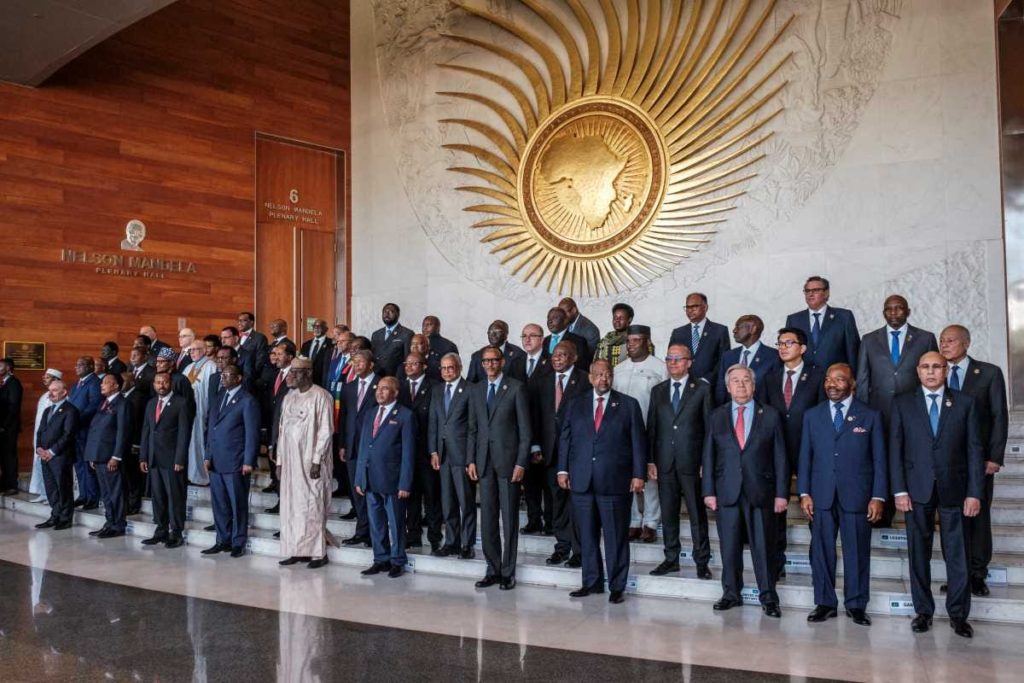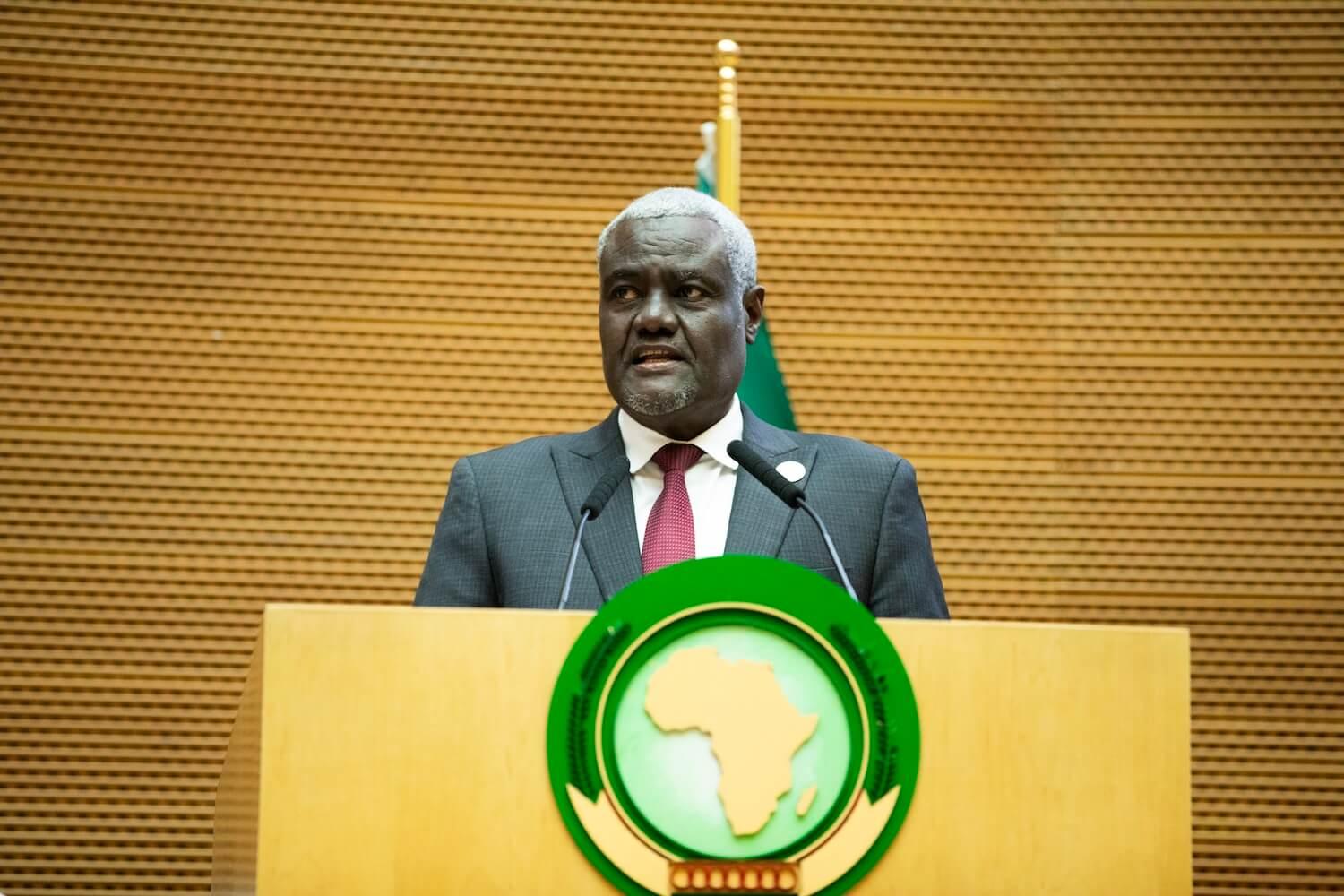The possibility of far-right parties coming to power in Europe could have profound and multifaceted consequences for Africa, affecting various economic, financial, social, and cultural aspects. Here is an analysis of the potential impacts in these areas:

Economic Consequences
Trade and Investment
- Increased Protectionism: Far-right economic policies in Europe could include reinforced protectionism, limiting trade between Europe and Africa. This could reduce African exports to Europe, affecting key sectors such as agriculture, raw materials, and manufactured goods.
- Reduction in Foreign Direct Investment (FDI): European companies might be less encouraged to invest in Africa, either due to restrictive policies or increased political instability in Europe. This could slow down the development of infrastructure and industries in Africa.
Development Aid
- Decrease in Aid: Far-right governments might reduce or redirect development aid, impacting health, education, and sustainable development programs in Africa.
Financial Consequences
Remittances
- Restrictions on Remittances: Stricter immigration and financial flow policies could complicate remittances from African diasporas in Europe to their home countries, negatively impacting local economies.
Relations with Financial Institutions
- Tensions with International Financial Institutions: If European far-right governments clash with organizations like the European Union or the IMF, it could complicate financial agreements and support programs for African countries.
Social Consequences
Migration and Diaspora
- Restrictive Immigration Policies: The rise of the far-right could lead to stricter immigration policies, limiting Africans’ access to Europe. This could result in increased illegal migration and associated risks.
- Treatment of African Migrants: A rise in extremism could also lead to increased discrimination and violence against African migrants living in Europe, impacting their living conditions and integration.
Xenophobia and Racism
- Tense Social Climate: Far-right rhetoric and policies could exacerbate xenophobia and racism in Europe, affecting social relations and reinforcing negative stereotypes about Africans.
Cultural Consequences
Cultural and Educational Relations
- Reduction in Cultural Exchanges: Isolationist policies could limit cultural and educational exchange programs, affecting collaborations between universities, artists, and cultural institutions.
- Cultural Stigmatization: The focus on national values and European culture could stigmatize African cultures, reducing diversity and cultural recognition in Europe.
Media and Perception
- Media Discourse: Media controlled or influenced by far-right governments could portray negative representations of Africa and Africans, influencing public opinion and policy.
Geopolitical Consequences
Diplomatic Relations
- Diplomatic Tensions: Hostile or unilateral policies from European far-right governments could lead to diplomatic tensions with African countries, affecting cooperation on global issues such as climate change, security, and trade.
- Realignment of Alliances: African countries might seek to diversify their international partners, strengthening relations with powers like China, Russia, or the United States.
The rise of far-right governance in Europe could have significant consequences for Africa, disrupting economic, financial, social, and cultural relations between the two continents. African countries will need to consider new strategies to mitigate these impacts and explore new global partnerships to ensure sustainable development and stability.
Stay informed and prepared for the challenges ahead.
#Africa #Economy #Finance #InternationalPolitics #FarRight #Trade #Investment #Migration #Culture #Diplomacy #CemacEcoFinance

L’arrivée au pouvoir de l’extrême droite en Europe pourrait avoir des conséquences considérables pour l’Afrique, en perturbant les relations économiques, financières, sociales et culturelles entre les deux continents. Les pays africains devront alors envisager de nouvelles stratégies pour atténuer ces impacts et explorer de nouveaux partenariats globaux pour assurer leur développement durable et leur stabilité.



